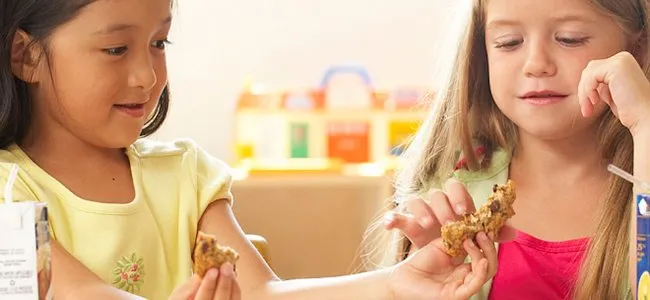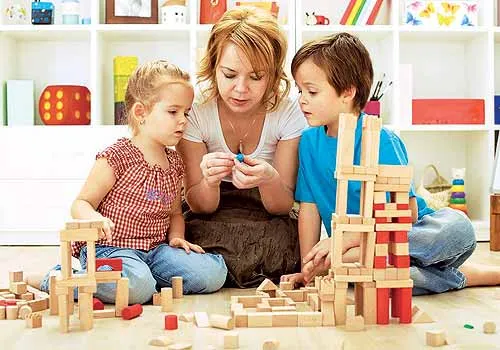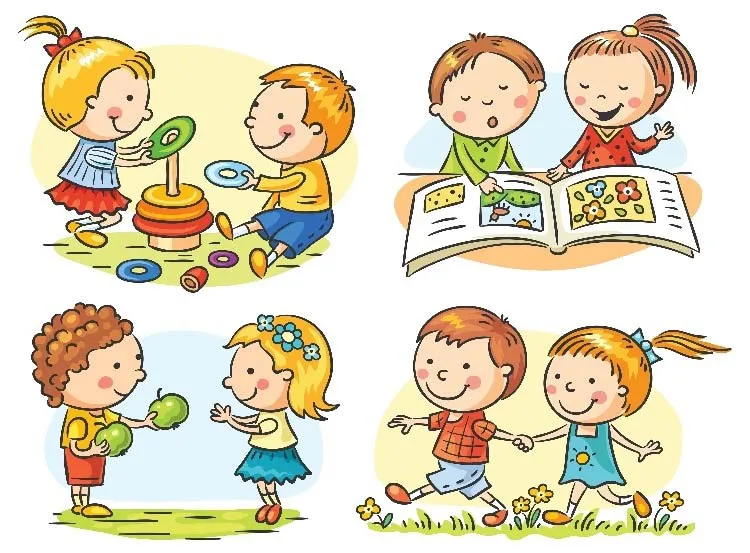It is common to see different actions in children when they are in the process of growth, some tend to be willing to share, while others only say "No", "I do not lend it", "I do not want to share" The parents are They feel uncomfortable in such a situation, without knowing how to act or what to do so that the child changes his or her mind at that particular moment.

It is essential to teach children between 3 to 7 years of age, the art of sharing, so they can strengthen their personality and security. As the child grows up he will be able to understand the benefits of sharing in interpersonal relationships, but everything to his determined, since it is not correct to pressure them to share.
Activities to learn to share:
Take the child to parks or places where he can play with other friends.
In classes, perform group activities, such as painting or making a musical group.
Representatives can invite friends home at times so they can share in different areas.
Teach children comiquitas or stories where friendship and teamwork prevail.
Increase communication about the essence of sharing

How to act to encourage virtue to share in children:
Children should be taught the importance of teamwork through talks or games where they must work together to achieve a common goal.
Do not punish a child for not wanting to lend their toys, but try to mediate with him, why he does not want to lend his objects. There are objects that have a greater meaning for children, for this reason you also have to understand them in having certain resistance to lend some things, to be able to understand this you can generate a trust with the child.
Communication is important for the child who does not want to lend an object, but also for the child who feels they do not want to share with him. They are two different points of view that you have to know how to deal with, since children are very sensitive and you must have the right words for each one.
From small it is good to reinforce their acts of generosity, donating those toys, or clothes that they no longer use and that are in good condition so that other children can enjoy them. It is important to teach them to get rid of objects that they know they will no longer use and that can serve other people.
It is important patience and example of adults in this type of situation, for children to see the relationship of their parents with other people, how they interact, talk, or share a cup of tea and so they imitate good deeds.

It's not just sharing:
In addition to teaching the child to share, it is also valid to accept that he does not want to share and is in all his rights if he has a reasonable cause. That is why it is necessary to understand it and maintain a reciprocal communication that from the time children feel that their decisions are taken into account, when necessary, but will also give importance to the comment that the representative may issue. The important thing is that the child understands the value of objects and friendship, as well as being able to relate to other people and teamwork. Everything is beneficial for its future development.

